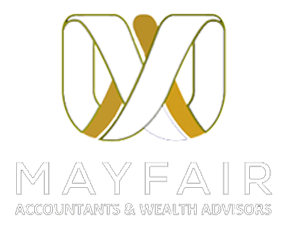 Should I register for VAT or not? This is the common query that most of the business owners have. Usually, VAT registration is necessary for all types of businesses when they exceed a certain threshold.
Should I register for VAT or not? This is the common query that most of the business owners have. Usually, VAT registration is necessary for all types of businesses when they exceed a certain threshold.
If your VAT taxable turnover in the previous 12 months exceeds the VAT registration threshold (£82,000), then you must register for VAT. In case if you fail to register, you will be charged with fines.
Even if your business hasn’t exceeded the VAT threshold, you can opt for voluntary registration which can be very beneficial for you. When you do this, you can reclaim VAT on most goods or services purchased from other businesses. It can also help your organisation appear bigger which can appeal to the clients.
Apart from these advantages, there are also some disadvantages of voluntary registration. If your business generates more VAT from the sold goods and services than the VAT paid on the purchased goods and services, you will have to pay a hefty bill to the HMRC. Besides, there will also be additional paperworks to take care of and filling of quarterly VAT return. Thus, before you make a decision for register voluntarily, it is important you consider all of these factors.
Coming to the registering part, VAT registration can be done online or through a paper form. For the registration, you need to provide your turnover, business activities and bank details. After you register, you will get the VAT registration certificate within 14 days which is sent to your VAT online account or by post. The date on which you register is known as the ‘effective date of registration’ from which you will need to pay VAT to the HMRC.
In case if you can’t manage this work, you can always hire an accountant and let him/her submit VAT returns on behalf of you.
If you have any more concerns about VAT registration, make sure you consult your accountant and then decide.


